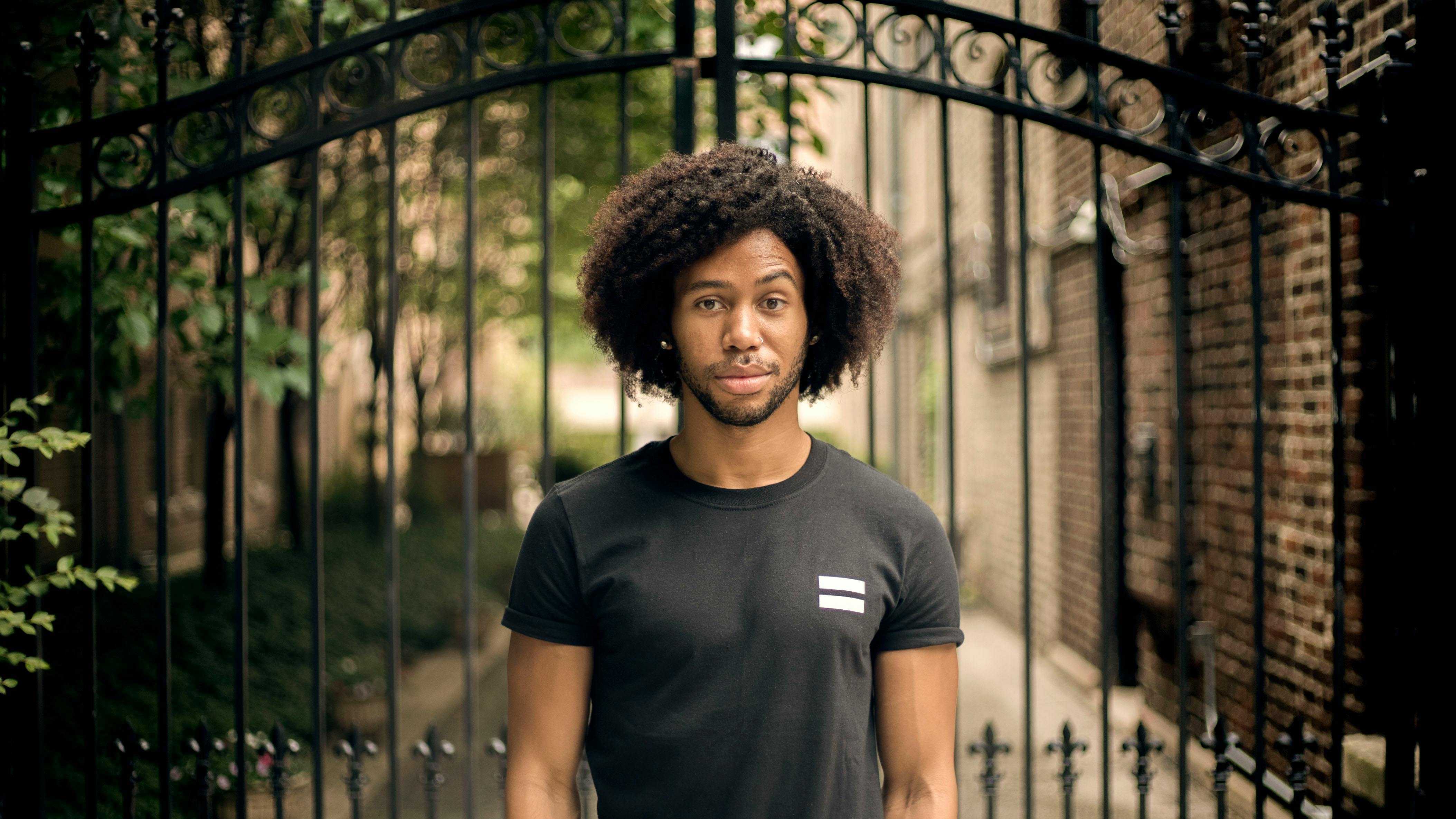In a television series, To Know God, Morgan Freeman went on a quest to find out what people think of God.
To find out the answer, he traveled the world to have a better and deeper understanding of God.
He spoke with ordinary people, archaeologists, religious historians, and clerics from the world’s major religions, namely Christianity, Islam, Judaism, Hinduism, and Buddhism, to learn their perspectives of God.
For the record, of the five, only four are considered a “religion” by the accepted definition of the word.
Religion is:
“The belief in the worship of a superhuman controlling power, especially a personal God or gods.”
Christianity has God the Father, Islam has Allah, Elohim or Yaweh, in Judaism, and Brahman, in Hindus.
Buddha, in Buddhism, is not a god, but a state of enlightenment. And the goal of all Buddhists is to reach that level to become a Buddha.
Reaching enlightenment was a good point of contention between Mr. Freeman and a Buddhist monk. Here is an exception to that discussion.
Mr Freeman: How do you achieve enlightenment?
Buddhist monk: True and pure enlightenment is a very long and tedious process and can only be achieved through constant meditation.
Mr Freeman: How do you meditate?
Buddhist monk (with a smile): The easiest way to meditate is to focus on your breath.
By breathing we mean “focused breathing”, the main ingredient of breath awarenesswhich is one of the two basic meditation techniques taught by Gautama Buddha (the other is Loving-Kindness).
What is mindfulness of breathing?
This works on the theory that if focus on your breathyou become aware of the mind’s tendency to jump from one thing to another.
By concentrating on your breath, you return to the present moment and enjoy all the richness of the experience it contains.
It is a way of developing mindfulness, the faculty of alert and sensitive awareness.
Mindfulness of breathing is a good antidote to restlessness and anxiety; BE relaxing. And it has a positive effect on your physical and mental state.
Is mindfulness good for the elderly?
Many years ago, I had a terrible migraine.
For weeks I had a constant, painful headache that resulted in a stiff neck and excruciating pain when I raised my right arm.
I tried several cures, without success. Then someone suggested complete relaxation to me and gave me advice on how to do it.
In less than a week my migraine was gone. Since then, I never had to take headache pills and never had any trouble sleeping. If I want, I can be fast asleep in less than five minutes, even while sitting in a chair.
You, too, can reap the benefits of focused breathing. Aside from the above, here are a few more:
1. Slow down memory loss:
Meditation through focused breathing stimulates the brain’s hippocampus and frontal lobe, which are responsible for both long-term and short-term brain functions.
In a study recently published in Neuroscience Letters, regular meditation was reported to slow the progression of cognitive decline, which is a prelude to dementia.
2. Improve your digestive system:
If you have a chronic digestive problem, meditation will give you almost immediate relief.
This is because regular meditation improves blood circulation and increases its oxygen content, which is then shared with other organs, such as the stomach and intestines.
In addition to that, the increased oxygen through meditation also helps the immune system and heals the lungs.
3. It makes you feel happy:
Meditation stimulates the prefrontal cortex, the “feel good” part of the brain.
It is especially beneficial for you if you are drifting in and out of depression caused by circumstances in your life.
Your enthusiasm and vigor for life will receive a booster injection.
4. Helps you achieve greater focus:
With meditation, your left and right brain hemispheres work together to improve your focus, creativity, and resourcefulness.
You become more mentally alert and can function better in society, making you fully enjoy your retirement days.
5. It is the best way to beat stress:
The life of an older person can be one of constant stress from chronic illness, loneliness, loss of a spouse or loved one, separation from children, limited fiancés, and many more.
Living in these for long periods of time can lead to chronic stress, which is one step away from depression, dementia, and ultimately Alzheimer’s.
Focused breathing can take them out of your mind. It costs nothing, and it can be done anywhere, anytime.
Conceding doesn’t completely solve your problems, but it does give you some breathing space and precious time to think of ways to fix them.
There are no unsolvable problems. But sometimes we are inundated with so many that logical thinking becomes impossible.
Meditation clears your mind. Remove the chaff from the grain.
6. Chase away loneliness:
As an older person living alone, my biggest concern is loneliness. There are days when tears will soak my lunch or dinner.
My two children are married and live alone. Although we see each other from time to time, and they are only a text away, but nothing beats their presence, to have a more personal conversation with the people dearest to me.
But that has become impossible. They have their own lives to live, their own schedules, their own spouses.
I have simply become a flash on your screen.
When loneliness becomes so suffocating, I settle in a nice comfortable place and do a concentrated breath.
I empty my mind of all the negative thoughts that my loneliness paints, I accept my present realities and focus on the moment.
It works all the time.
Skeptics may take Focused Breathing as nothing more than first aid; a band-aid approach to the problems that affect the majority of older people. It’s just sweeping those problems under the rug.
Maybe. But it is your best bet against loneliness, stress, and many other age-related problems.
It’s cheap and can be done at any time. And even if the relief you get is temporary, it gives you precious time to think of more concrete solutions to your problems.
Finally, after traveling thousands of miles, Mr. Freeman has observed that all religions share one thing in common: God is peace, God is love, and God resides in each of us.
Take care of God, and God will take care of you.

